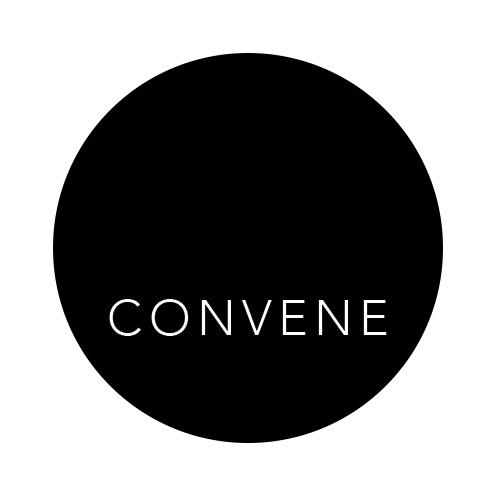Are you ready to leave your technical comfort zone and get into the messy complexity of ‘deliberate dialogue’?
We are all victims of our assumptions.
Some of these assumptions we have created ourselves – and we need to be mindful that they are invisible shackles that prevent us from achieving our full – and permanent – transformation.
Some of these assumptions have been passed on by our forebearers. Our parents in the first place, of course, but also the many ‘giants’ on the shoulders of which we are standing: the mentors, sources of inspiration and teachers that peppered our development. We need to be able to critically look at these assumptions and deconstruct them wherever they rein us in and keep us in our comfort zone.
And then there are the most difficult assumptions to do away with: the ones that the history of our societies has marked as ‘truth’ at one point or another. Societal assumptions, one might say: The assumption that the earth is flat. The assumption that European ‘races’ (an aberration in itself) are superior to African races. The assumption that the ‘global North’ is indeed ‘developed’ (when in fact it does have many pockets of poverty and misery, overt and hidden everywhere). The assumption that so called ‘hard science’ is the only true scientific way to gain understanding of the world etc. These assumptions are among the most difficult to crack because our societies have validated them at some point, even with later research and experience proving them wrong or simply less than definitive in their validity.
The scientific revolution and its crowning of ‘hard science’ as the ultimate way to make sense of the world has left us with one of these wobbly assumptions that only facts, rigorous ‘trial and error’ science based on quantitative methods, the use of statistics and the comfort of figures can show us ‘what is’.
In our world of complex problems, that assumption needs to be held in check. We cannot deny the power, and the importance of scientific rigour. Indeed, in a world that is increasingly marked by opinions, hearsay and the power of social media messaging crowds, scientific rigour and scientific inquiry are perhaps more important than ever. But the comfort of facts and figures only goes so far.
Networks, organisations and people that want to get a real crack at wicked problems cannot ignore the importance of complementing these useful quantitative approaches with the messiness of complex human relationships.
The scale of change that we are facing, from dealing with climate change to pandemics to food system transformation to changing gender and other social norms, requires a bolder approach. That of deliberate dialogue. The latter is the conscious, and very intentional choice of inviting diverse, indeed sometimes opposite, perspectives to understand an issue in all its complexity in an open, honest, genuine, open-minded, co-constructive dialogue that brings all parties to understand the piece that everyone holds, before making sense of options for the whole collective.
And this is where our societal assumptions are standing in the way, insidiously. They lead us to consider the rational and fair choice to be placing trust and value in quantitative methods and to rely on data crunching to predict how to best deal with change we are facing. Through our assumptions, this approach appears reliable, solid, ‘robust’, error-free.
But the problem here is two-fold:
A) Whoever crunches the data and runs the calculations also brings in their own bias and assumptions. Decision-based evidence-making has always been the dangerous pendant to evidence-based decision-making. Confirmation bias is the more scientific term for this.
B) Even if we did have a very unbiased data model presented by a fair and neutral agent that does not promote their own agenda, how we translate the data into decisions requires going through a messy process of negotiation. How each actor interprets data and singles out options brings a piece to the mosaic that represents the reality more fairly.
In complex systems, there is no salute in skipping that dialogue, there is no smartness in taking quick and unilateral decisions, there is no benefit in erasing perspectives. These perspectives will be here further down the line, no matter what. We might as well deal with them upstream, and bring them into deliberate dialogue along on the data crunching and analysis.
The changes we are facing are too serious, and our current state too far into the (climate change etc.) timeline to be cynical about dialogue, to be smug about inclusiveness, to be ‘rational’ rather than ‘rational and conversational’, which includes all those fuzzy ideas, emotions, aspirations. Deliberate dialogue is designed to hold space for all that messiness.
It is no longer the time to hail hard science as the only way. It is time to grow up and embrace the paradox of our times: combining reason with emotions, melding facts with values, joining stats and statements, co-creating by using all signals within our reach to make the best analysis, to chisel at the best options for dealing with the wicked problems of our times.


